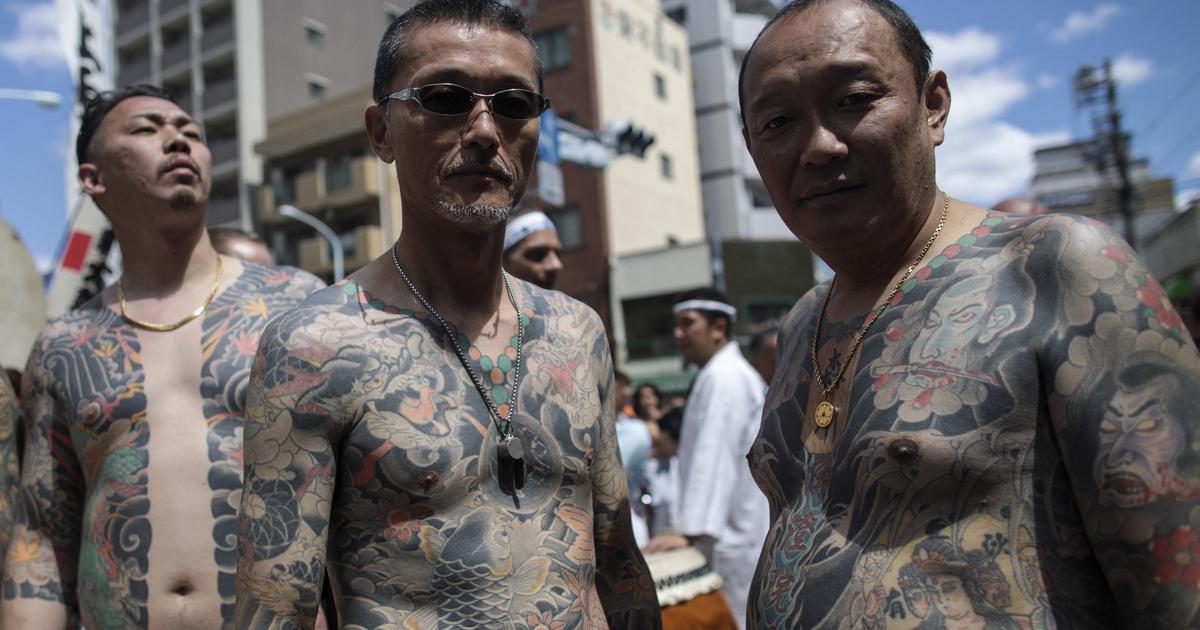It is an unusual pictogram that can be found posted at the entrance to certain onsen (thermal baths),
ryokan
(inns), but also saunas, swimming pools, beaches, and sometimes even gyms in Japan.
Alongside the classic symbols prohibiting eating inside or taking photos… that of a tattooed, crossed out back.
Where one strips oneself, the tattooed person is sometimes
persona non grata
.
The cause is a stubborn prejudice: tattoos are the mark of people of bad reputation.
To discover
Tailor-made trips: discover the offers from our partners
While the traditional art of irezumi
,
which covers bodies with indigo scrolls, enjoyed increasing success in the 19th century, Emperor Meiji banned it in 1872, for fear that it would be perceived as barbaric to the eyes. Westerners, to whom the country is opening.
As a sign of defiance, the yakuzas (the Japanese mafia) will make it one of their rites of passage, so much so that tattooing today remains wrongly equated with gangs, from which certain establishments seek to protect themselves by prohibiting access to those who wear it, even though the anti-tattoo law was abandoned in 1948 and contemporary practice has lost all reference to banditry.
Anti and pro-
tattoo
It is also not uncommon to see bathers, at the swimming pool or at the beach, dressed in long-sleeved t-shirts or leggings, hiding these marks that cannot be seen.
A clothing parade that is difficult to adopt in the baths, where you immerse yourself naked.
“You can always cover your tattoo with a patch or hide it if it is not too imposing,”
says Stéphanie Crohin-Kishigami, a specialist in Japanese baths in Japan who is herself tattooed,
“but it has already happened to me that I was asked to get out of the water because a customer had complained
.”
To avoid disappointment, it is better to find out about the establishment's policy before going there, she suggests, or turn to those who claim to be pro-
tattoo
.
Thus, the town of Beppu, on the island of Kyushu, which has the largest number of hot springs in the Archipelago, provides tourists with a map listing its many places where tattoos are authorized.
At the
sento
– the Japanese public bath – there is no discrimination either:
“these family establishments are grouped together within an association stipulating that the baths must be accessible to all,”
she specifies.
Taking a break while traveling is an opportunity to learn the bathing ritual, tattooed or not, but also to contribute to the preservation of this rich heritage.
Some even have nothing to envy of the iconic
onsen
, their defender likes to point out:
“many sento draw their water underground, which often comes from thermal springs or which are close to them”.

